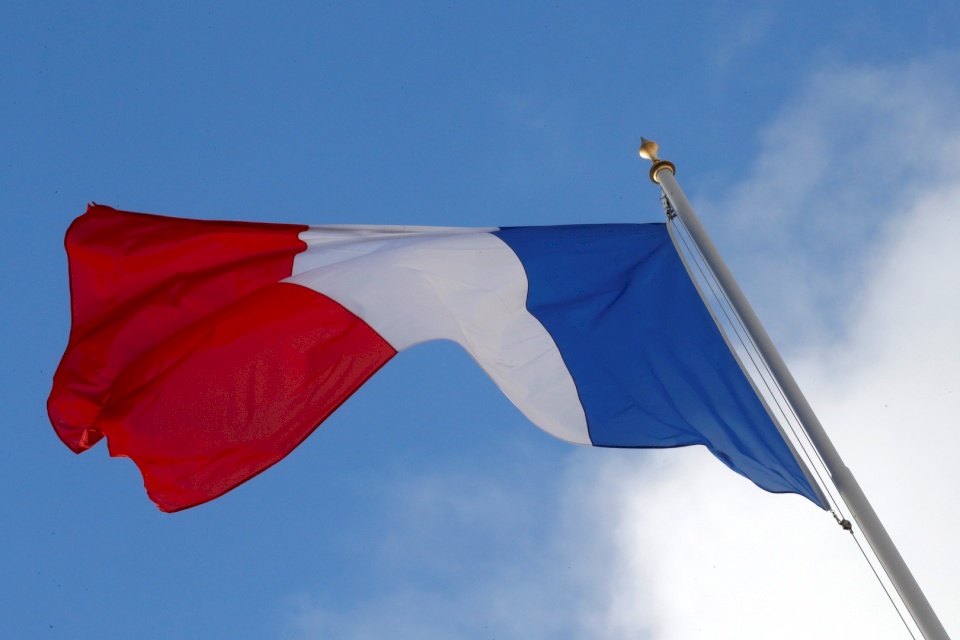
France: Continued Public Anger as New Prime Minister Promises a Change in Course
SadaNews - Several areas in France witnessed a wave of widespread disturbances in the last 24 hours, as protesters closed roads, ignited barriers, and engaged in sporadic clashes with police, expressing their dissatisfaction with President Emmanuel Macron, the political elite, and plans for cuts to public spending.
Authorities deployed more than 80,000 security personnel across the country to remove barriers and confront the escalation, while security forces used water cannons to disperse gatherings and quell skirmishes in various locations.
In Paris, riot police fired tear gas at the protesters, with the number of arrests in the capital reaching around 200.
Online, a movement called "Let’s Shut Everything Down" emerged, initially gaining traction among right-wing groups in May, but later adopted by left and far-left factions, adding a new political dimension to the rising protests.
These events coincided with the start of Sébastien Lecornu's duties as the new Prime Minister after the parliament ousted his predecessor over austerity measures aimed at reducing the budget deficit.
The French economy suffers from a fiscal deficit nearly double the European Union's cap of 3%, with debts exceeding 114% of the gross domestic product.
In Paris, students and youth participated en masse in the marches, with over 300 people arrested nationwide, despite the mostly peaceful nature of the protests.
According to estimates from the Ministry of the Interior, approximately 200,000 people participated in the demonstrations, with outgoing minister Bruno Retailleau stating that the movement was "significant," adding that "those who wanted to disrupt the country were unable to do so."
Following the wave of protests, newly appointed Prime Minister Sébastien Lecornu announced on Wednesday the adoption of a "new approach" to managing the country's affairs, pledging to make "radical changes in strategy and substance" to emerge from the political crisis.
In a brief speech, Lecornu said: "No path is impossible before us," affirming his intention to meet with various political parties in the coming days to discuss forming a government coalition.
Lecornu, 39, was appointed by President Macron following a vote of no confidence against François Bayrou's government, making him the seventh Prime Minister under Macron, and the fifth since the beginning of his second term in 2022, in an unprecedented situation in the Fifth Republic.
The downfall of Bayrou's government followed the proposal of a budget austerity plan aimed at saving €44 billion and reducing the high public debt, plunging France into a political predicament since the dissolution of the National Assembly in June 2024, with the country divided into three main blocks without a clear majority.
Lecornu's appointment sparked a flood of criticism from the opposition, as the left-wing party "La France Insoumise" announced its intention to introduce a motion of no confidence when the new government is presented to the National Assembly.
For its part, the Socialist Party warned that selecting a right-wing figure for this position could expose President Macron to "social anger" and "institutional obstruction."

Putin and al-Shara Meeting... Postponing "Contentious Points" and "Developing Relations"

Rubio: Iran is Weaker than Ever

Syria Repatriates Young Man Sentenced to Death in Iraq Over a Photo of al-Sharai

Attack with Unknown Substance Interrupts Speech of U.S. Congresswoman Ilhan Omar (Video)

The Security Council Approves Final Extension of Support Mission for the Yemeni Hudaydah A...

At Least 30 Dead Due to Polar Storm in the United States

Trump Warns Iraq Against Maliki's Return: We Will Not Protect You If He Takes Power

